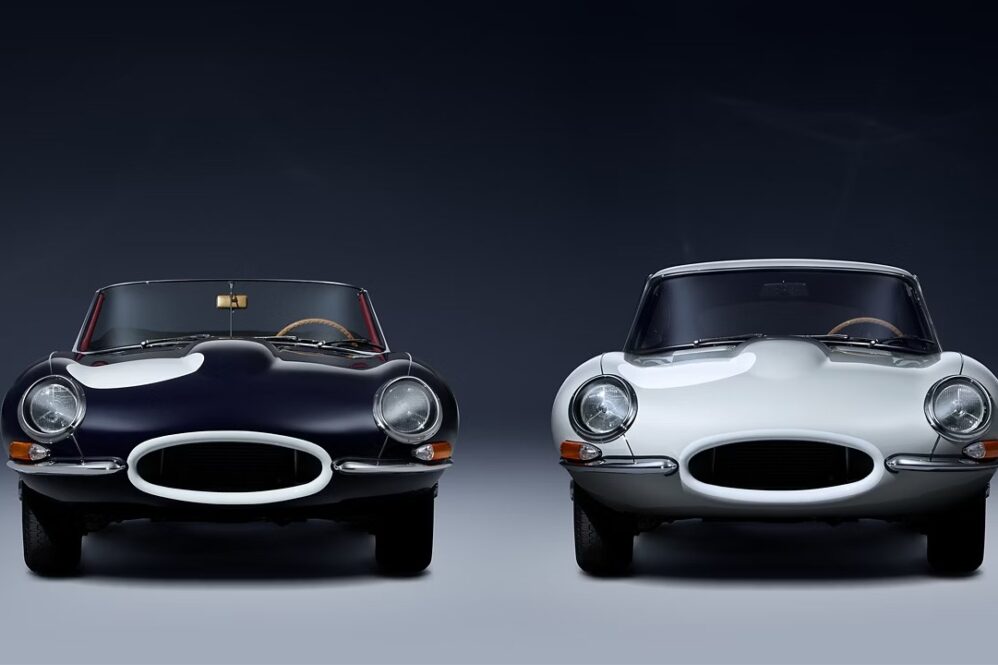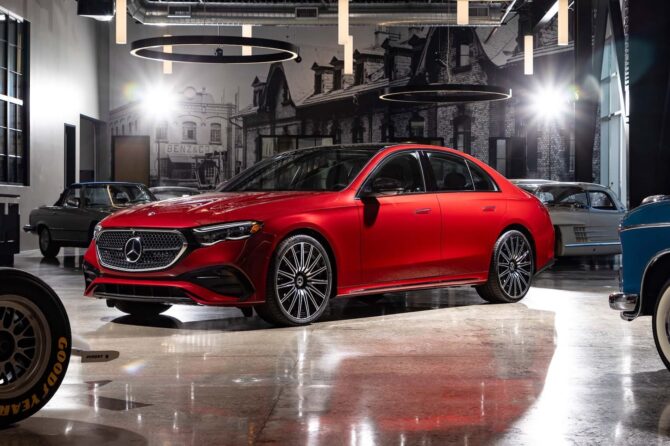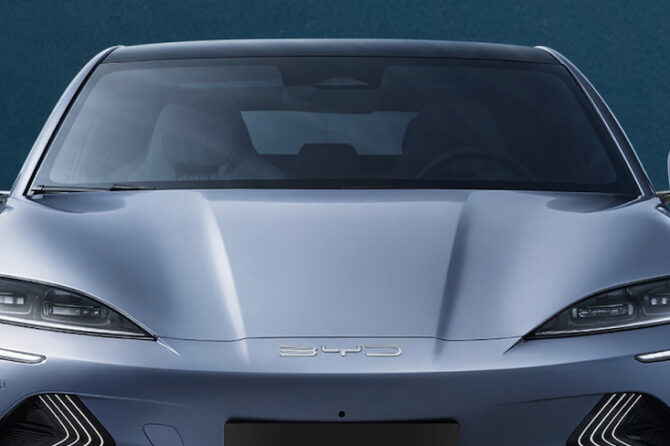An Automotive Icon Fades from British Roads
In a move that underscores the shifting tides of the global automotive industry, Jaguar, a name synonymous with British automotive luxury and performance, will cease selling new cars in the UK this month. This decision, industry experts suggest, marks a significant turning point for the iconic brand and leaves a void in the hearts of British motorists who have long cherished Jaguar’s unique blend of style and substance.
Jaguar will have no new models on sale in the UK until 2026, as its final existing models reach the end of their production cycle. This news, while perhaps not entirely unexpected, has nonetheless sent ripples of sadness through the automotive world. The company, born in the 1920s as the Swallow Sidecar Company, has a rich and storied history, evolving from motorcycle sidecars to producing some of the most recognisable and coveted cars of the 20th century.
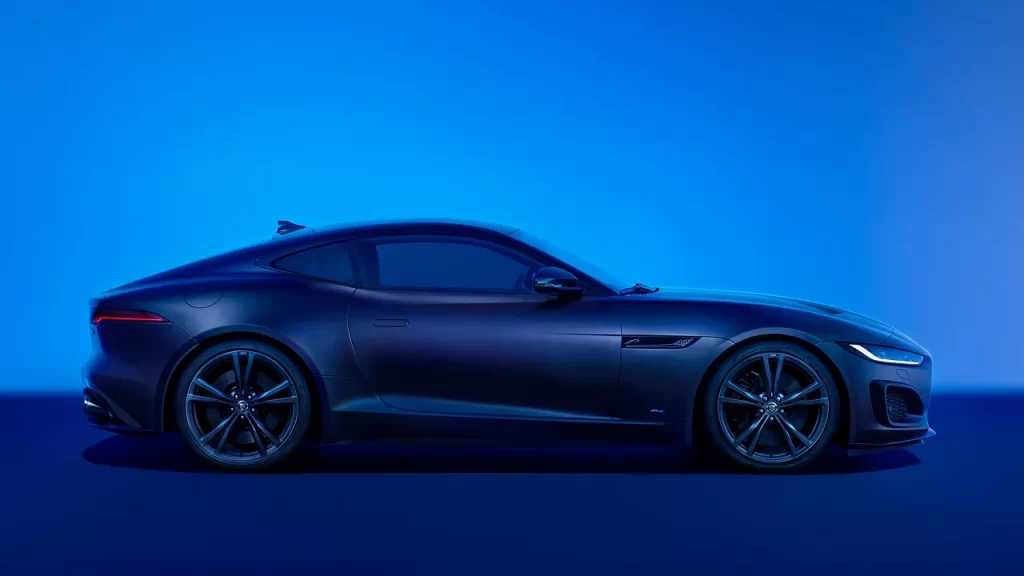
The E-Type, launched in the 1960s, remains an enduring symbol of British automotive design, capturing hearts with its sleek, aerodynamic lines and powerful engine. Jaguar’s legacy extends beyond mere aesthetics; its cars have consistently graced racetracks and rally stages, achieving notable successes in motorsport that further solidified its reputation for performance and engineering prowess.
The factors contributing to Jaguar’s retreat from its home market are complex and multifaceted. While the sources do not provide specific details regarding the reasons behind this decision, it’s impossible to ignore the wider context of the automotive industry’s evolution. The rise of electric vehicles, the increasing dominance of German luxury brands like Audi and BMW, and the financial challenges faced by Jaguar’s parent company, Tata Motors, likely played a role in this strategic shift.
This news comes at a time when the automotive landscape is undergoing a period of unprecedented transformation. The internal combustion engine, long the heart of the automobile, is facing increasing scrutiny due to environmental concerns, leading manufacturers to invest heavily in electric powertrains and alternative fuel technologies. This transition, while necessary for a sustainable future, presents significant challenges for established brands like Jaguar, requiring substantial investment and adaptation to remain competitive in a rapidly evolving market.
The absence of Jaguar from UK showrooms will be felt keenly by many. Its departure leaves a gap in the market for a distinctly British luxury car brand. While other luxury marques exist, Jaguar held a special place in the hearts of many British motorists, representing a heritage and craftsmanship that many associate with the golden age of British car manufacturing.
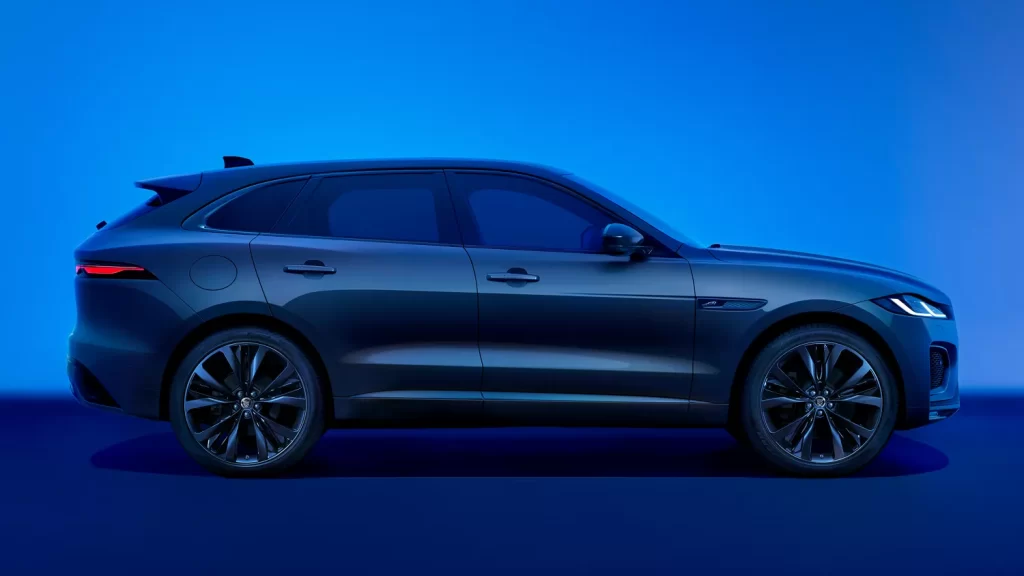
However, it’s not the end of the road for Jaguar entirely. The sources report Jaguar plans to re-enter the UK market in 2026, with a new generation of electric vehicles. This signals a commitment to the brand’s future, albeit one focused on embracing the electric revolution sweeping the industry. What form these new Jaguars will take remains to be seen, but they carry the weight of expectation from both loyal enthusiasts and a wider market eager to see how the brand will reinterpret its legacy for a new era.
The story of Jaguar in the UK is a poignant reminder of the cyclical nature of industries and the challenges faced by even the most iconic brands in adapting to change. While its absence from British roads will be felt, the promise of its return with a renewed focus on electrification offers a glimmer of hope for the future. The legacy of Jaguar, with its rich history of innovation, design, and performance, is etched in the annals of automotive history. Whether this legacy will continue to thrive in this new era remains to be seen, but one thing is certain: the Jaguar name, even in its temporary absence, will continue to evoke a sense of admiration and nostalgia for automotive enthusiasts worldwide.


